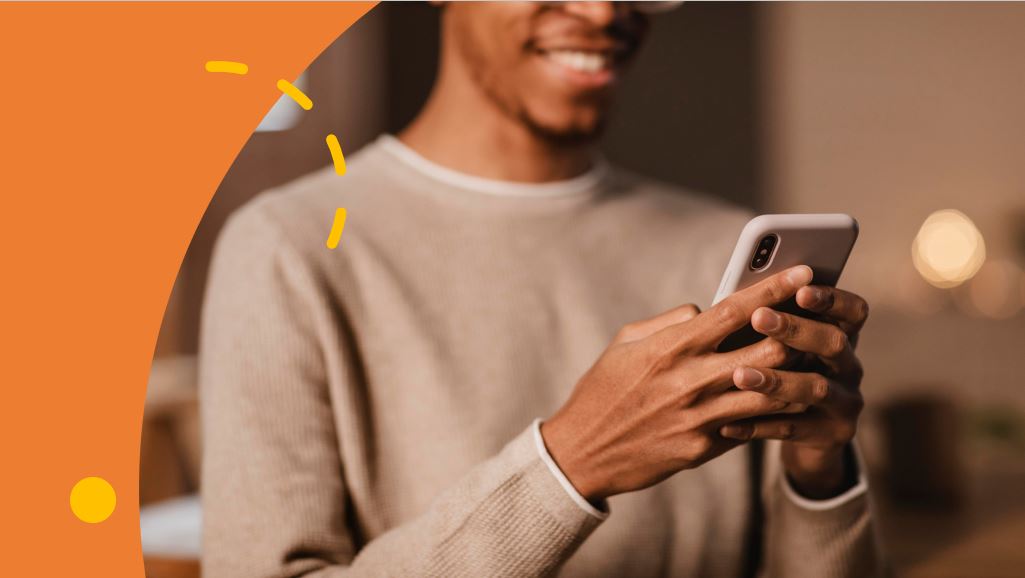Taking some precautions helps preserve privacy and avoid scams and fraud
Brazil is the sixth country with the highest number of private data leaks worldwide. That's what a survey conducted by the security company Tenable says. We had, in total, no less than 815 million leaked data. The first place in the ranking, according to the survey, still belongs to the United States. With the regular use of technology, the chances of having personal information stolen by criminals and used for the most diverse types of scams and fraud increase. But with some simple behavior changes and extra care, it's possible to prevent.
For Adriana Saluceste, director of Technology at Tecnobank, a company certified with ISO 27001, information security, one of the most important steps to avoid having data leaked is to understand a little about how information storage works in the technology age. “Nowadays, it is very rare to use any service that does not require sharing personal data at different levels. That is why it is so important to understand why that company needs your data and, above all, how it will use it”, he says.

Credits: freepik
After all, it is no secret that, among the small and countless lines of the infamous “terms of use”, many companies include permissions for sharing the information made available with other companies. Therefore, the specialist lists some necessary care to avoid being a victim of leaks.
1.Know who you are sharing your data with
As basic as it sounds, it's critical to read the fine print of the terms of use. It is there that the platforms list with whom and how they can dispose of their personal data. Dedicating a few minutes to reading these terms may seem like a boring task, but it is extremely necessary. So, at a minimum, you will be aware of what information is being used and for what purpose.
2.Attention to passwords
It's not easy, but choosing strong and different passwords for each of the apps and platforms you use can save you a lot of headaches. “When we always use the same password, we are giving virtual fraudsters a powerful weapon. All they have to do is find that key to wreak havoc in the most diverse online spaces,” explains Adriana.
3.Wi-Fi is not always your best friend
By connecting to public wireless internet networks, you are making your devices more vulnerable to potential attacks. Whenever using this type of connection, try to use virtual private networks, called VPNs.
4.Turn on two-factor authentication
“A general rule of technology is: if it's comfortable for you, it's easy for the bad guys. Two-factor authentication makes life difficult for the user, but it helps a lot to protect the data made available by him, including in social networking applications and financial institutions”, highlights the expert. For this reason, enable this extra layer of security whenever it is available.
5.Do not spread your information “in the public square”
On the internet, it's often easy to forget that any misstep can be a one-way street. The false anonymity offered by it can have catastrophic results in real life. “Try not to share personal information in these spaces, however harmless it may seem. Check the privacy settings of your social networks and other platforms and, whenever possible, do not share sensitive data online”, concludes Adriana.













